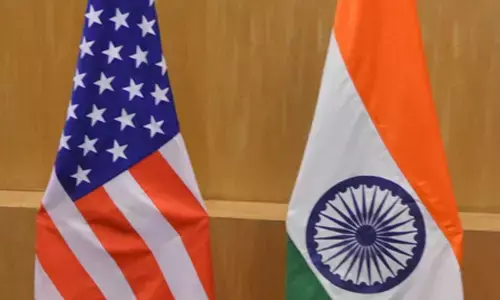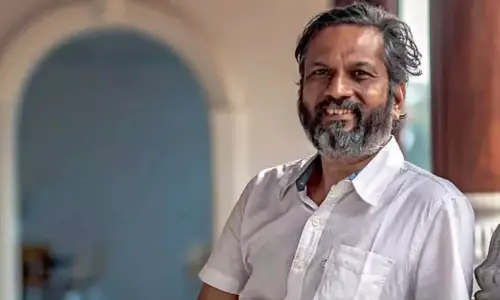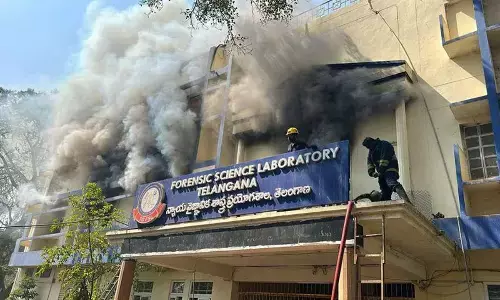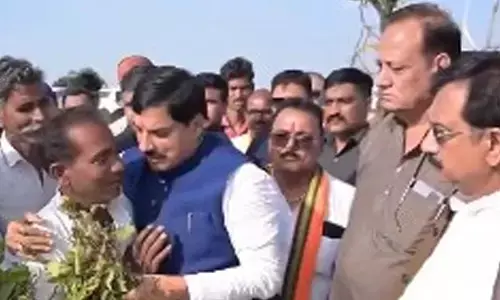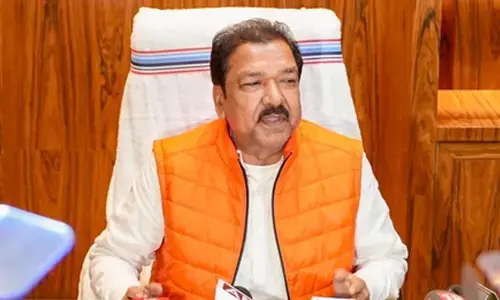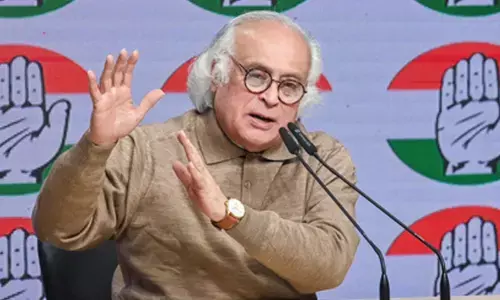Indian constitution has withstood the test of time
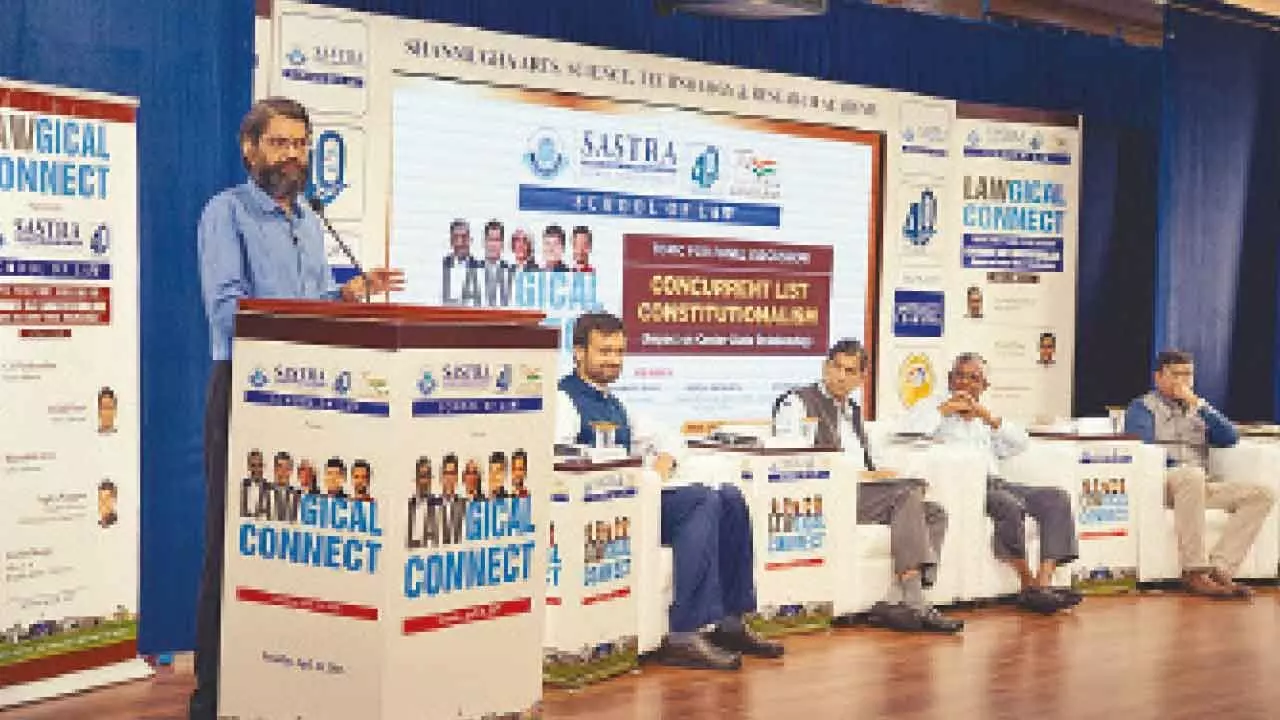
Hyderabad / Chennai: Eminent jurists and legal scholars converged in Chennai on Monday on the need for cooperative federalism in a three dimensional manner that underscores the role of centre, state and rural panchayat & municipalities to discharge public duties within the constitutional framework.
Speaking at ‘Lawgical Connect’, a panel discussion on ‘Concurrent List Constitutionalism’ organised by Sastra Deemed University Law School at Chennai, senior advocates C S Vaidyanathan, Arvind Datar and legal scholars Prof Arghya Sengupta and Amrith Bhargav were unanimous over the strong and robust constitutional framework that post-independent India adopted.
C S Vaidyanathan in his remarks observed the turbulence in the neighbourhood countries and explained how India’s constitution has stood the test of time. He also spoke on the need to rationalise cess & surcharge utilisation to enrich the social infrastructure with more involvement of the panchayats & municipalities. He added that states can make new civil & criminal laws for better justice administration and such new laws will receive natural assent. Prof Arghya Sengupta echoed similar views, suggesting a three-tier system for strengthening the centre-state-rural governance model.
Arvind Datar compared the constitution as a joint family with the union government as the ‘kartha’, the State Governments as co-parceners and underscored the importance of a united family under the constitutional canvas in the light of the recent act of terrorism at Kashmir.








